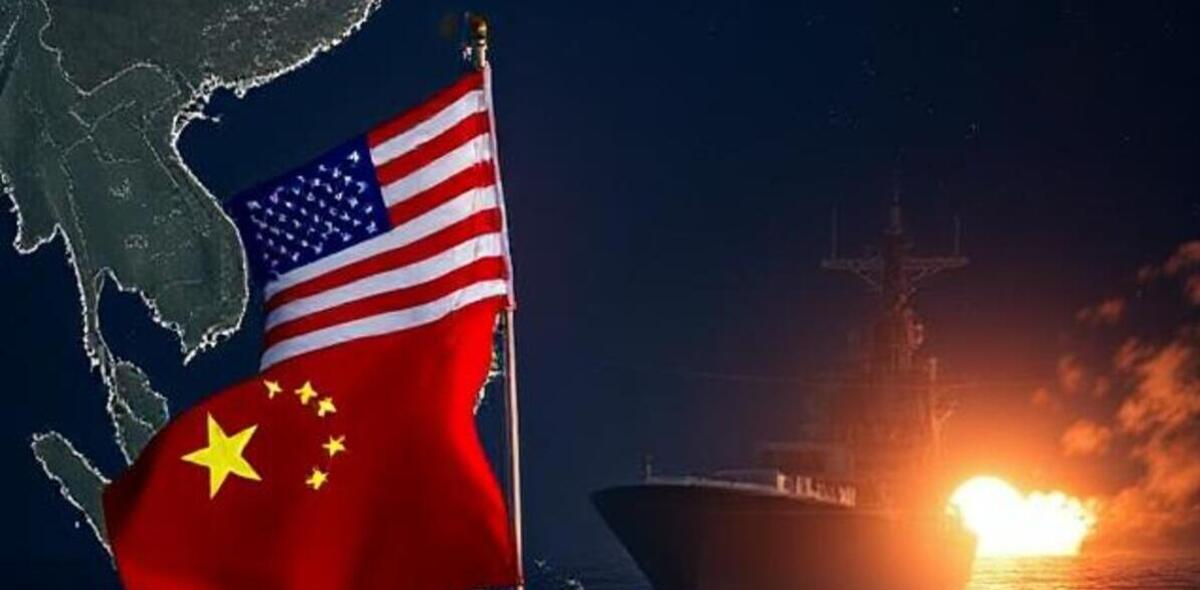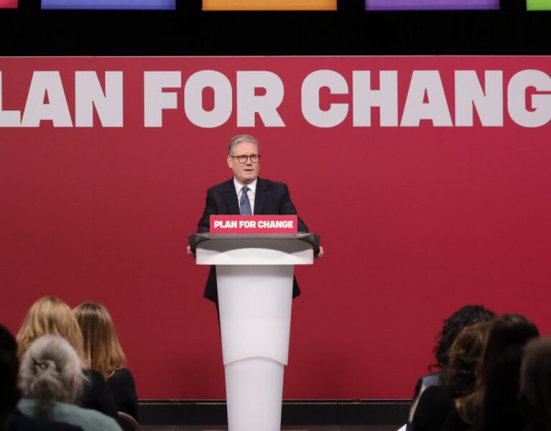The announcement that London will host high-level trade talks between the United States and China today marks a notable moment for British diplomacy.
In an increasingly polarised global landscape, Britain’s role as a convening space for two of the world’s economic superpowers is more than symbolic. It’s strategic.
Tensions simmering
At a time when the UK is actively seeking to redefine its international standing post-Brexit, facilitating a key round of US-China negotiations offers an opportunity to project itself as a credible, neutral platform for global diplomacy. With tensions between Washington and Beijing still simmering despite a recent truce, hosting these discussions gives London a front-row seat to one of the most consequential bilateral relationships in the world.
While the talks will be led by US Treasury Secretary Scott Bessent, Commerce Secretary Howard Lutnick and US Trade Representative Jamieson Greer, the location is politically loaded. By choosing the UK as a venue, the United States signals trust in Britain’s neutrality and logistical competence. Meanwhile, for China, meeting on UK soil presents a middle ground – geographically and diplomatically – away from the political heat of Washington or Beijing.
Rare earths, semiconductors and tech
The agenda is heavy: rare earth exports, semiconductor trade, and the broader framework of technological competition will dominate discussions. These are not fringe issues – they are core flashpoints in the ongoing struggle for global economic influence. That such issues will be debated in London allows the UK to place itself, at least temporarily, at the centre of this narrative.
A good look for Britain
Moreover, the UK benefits from the investor confidence that such a hosting role brings. London’s status as a financial capital is reinforced by its ability to convene and facilitate dialogue during global uncertainty. In the wake of post-pandemic economic volatility and Brexit-related realignments, this is no small asset.
The implications also extend to UK-China and UK-US relations. While Britain’s alignment with the US remains strong, its commercial interests with China are also substantial. Hosting this meeting allows the UK to subtly demonstrate its ability to maintain productive relationships with both.
In essence, London’s role as host is not just ceremonial. It is a calculated move that repositions Britain as a serious player in global diplomacy – not by dominating the conversation, but by enabling it. At a time when global divisions seem entrenched, the UK is playing the role of pragmatic bridge-builder – and that, in itself, is a statement.







